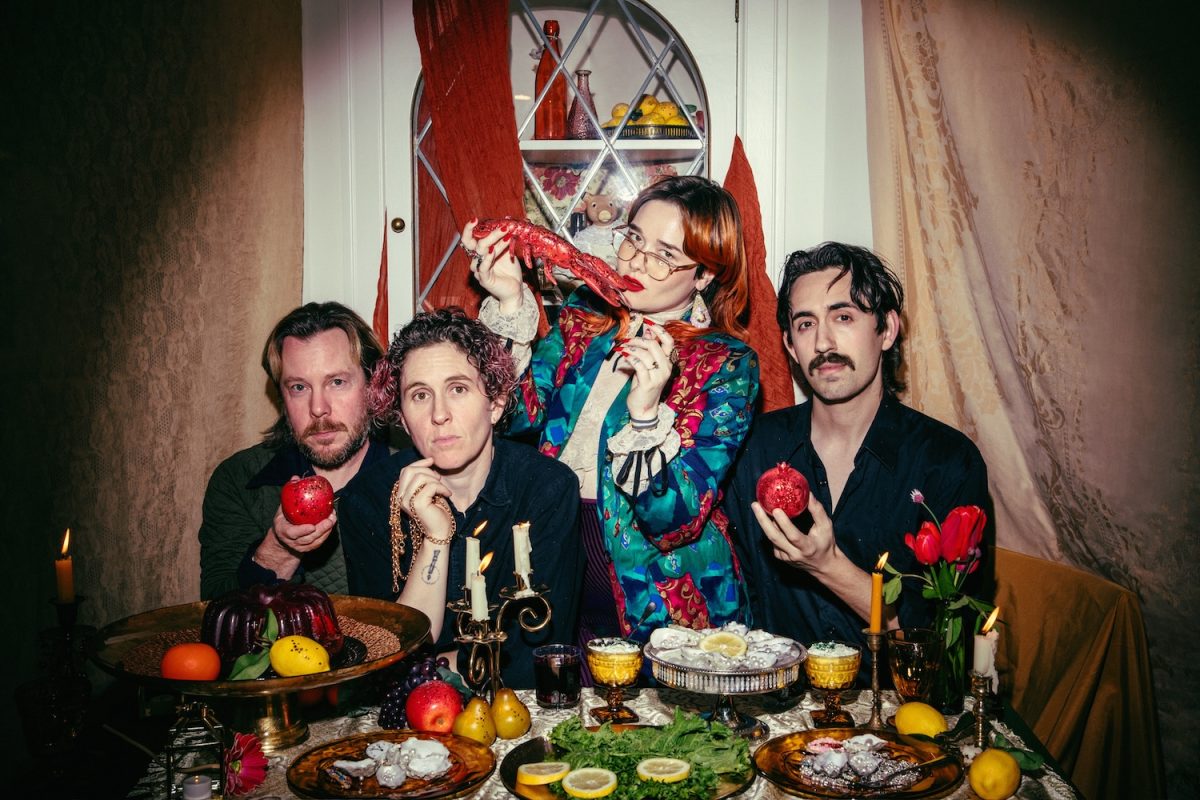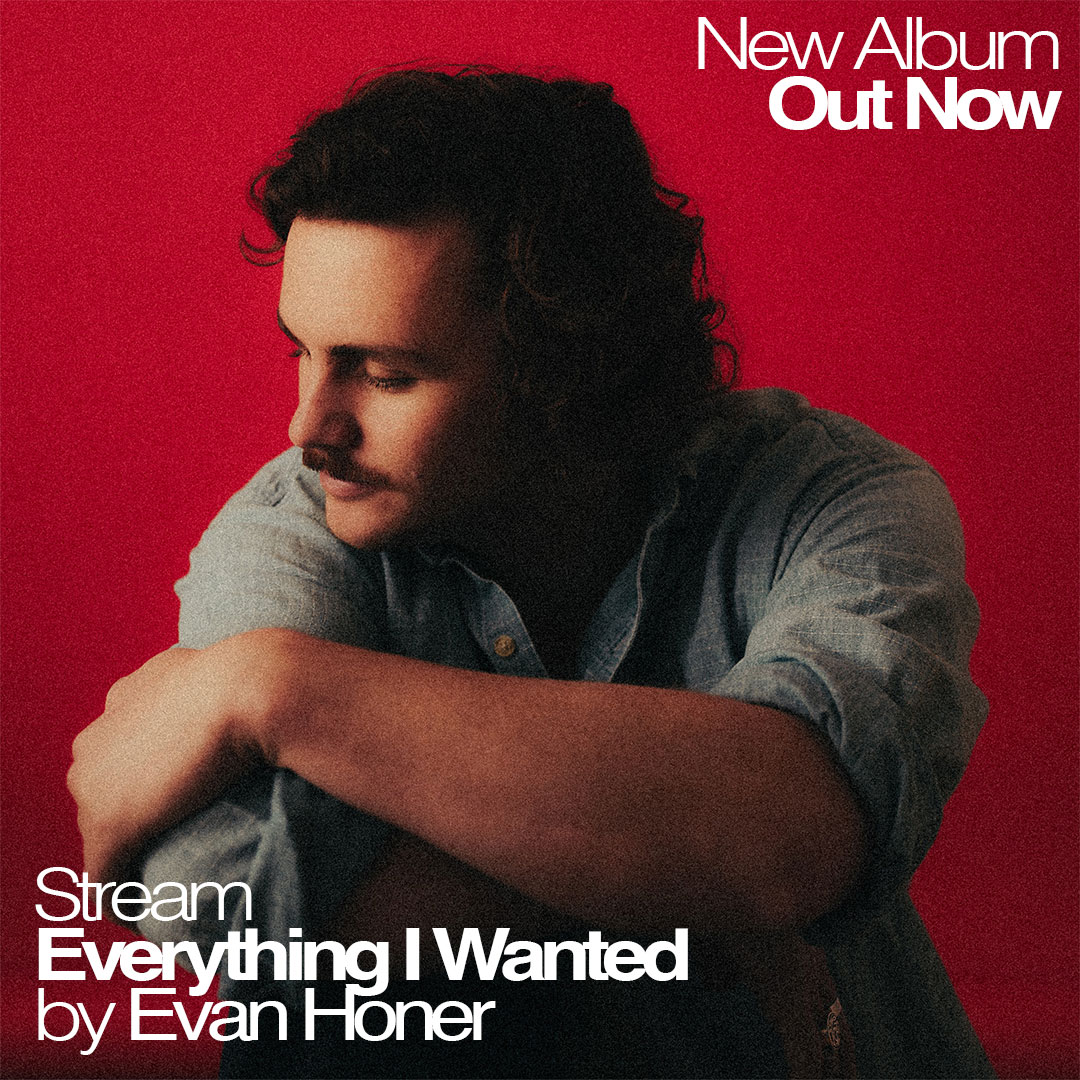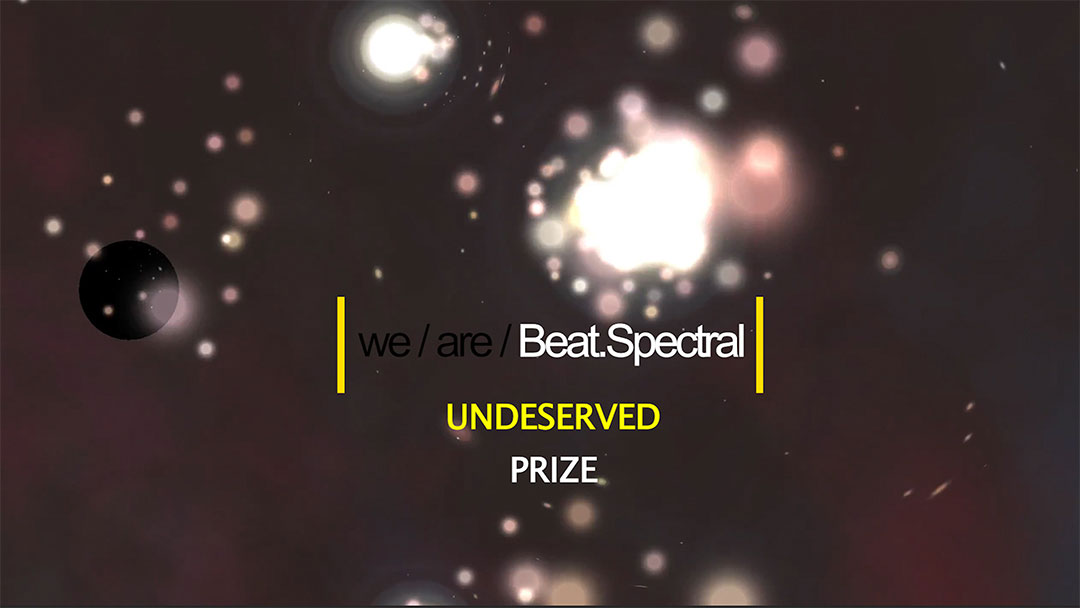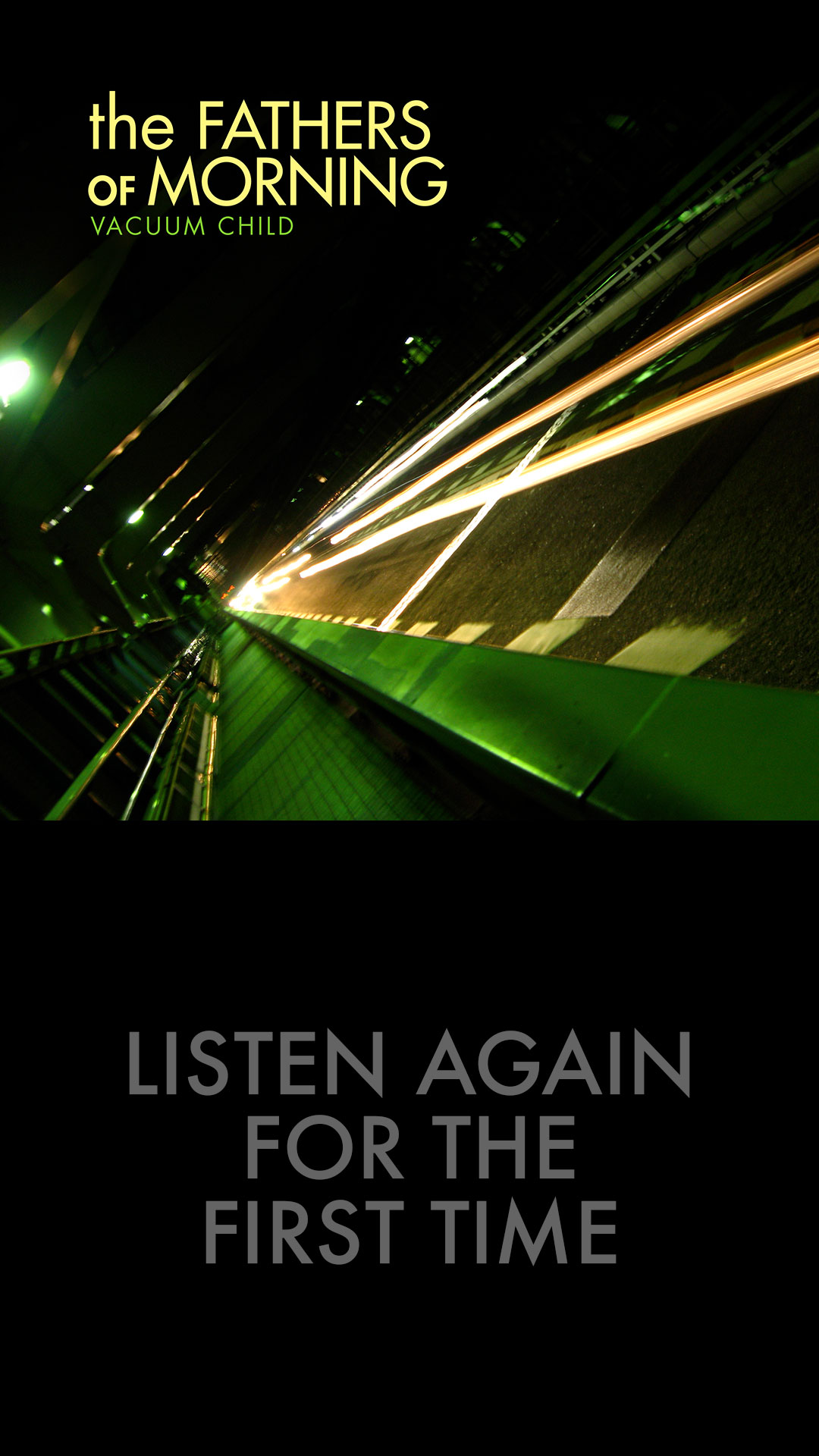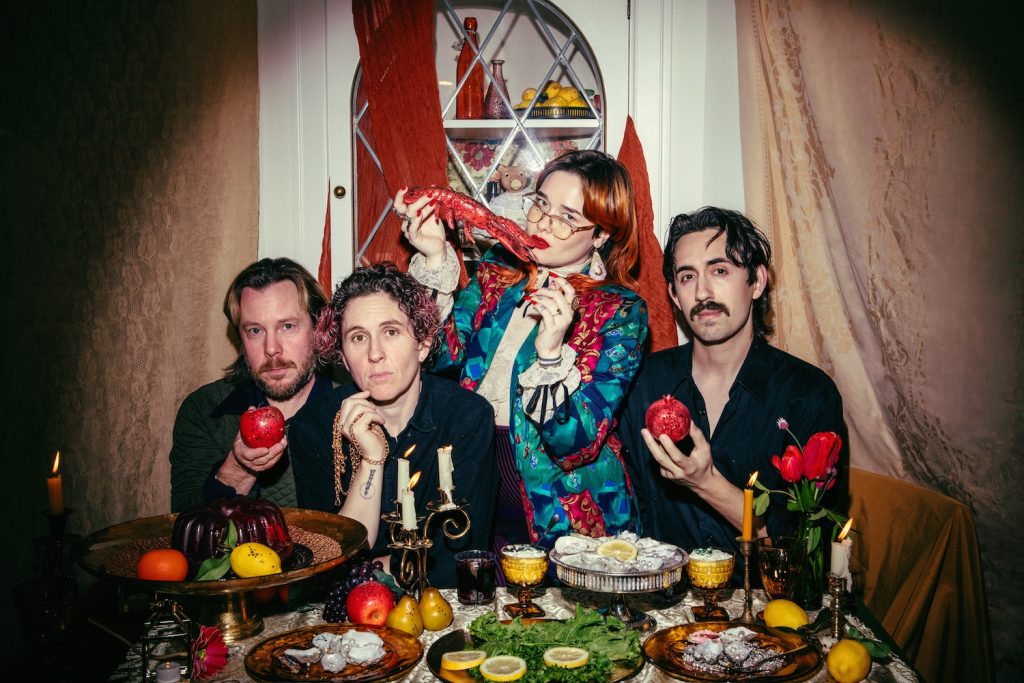
The bad news: Glitterfox’s Solange Igoa and Andrea Walker recently ended their six-year marriage. The good news: Their split was amicable one, and their creative chemistry hasn’t suffered. So it would be pretty off-base to call the new Decoder (Jealous Butcher) a breakup album. In fact, the Portland, Ore., quartet sounds rejuvenated (dare say liberated) on an effort that comfortably accommodates an array of styles, from garage punk and new wave to dance music and Southern twang.
MAGNET’s Hobart Rowland asks. Walker answers.
Decoder’s influences are all over the place. How did you make it all sound so cohesive?
Yeah, this is so true. Personally, my main influences come from ’80s new wave, ’90s grunge and modern indie rock. But I’m from the South, and we started as an Americana band, so there’s always an element of that in the DNA of the songs. Plus, each of the band members brings a love of different styles. What keeps it all unified is that we have one principal songwriter (Walker) and one principal singer (Igoa). Because the songwriting voice and the lead vocals stay mostly the same from song to song, musically we can experiment with different genres on the same album, even in the same song, and it still feels cohesive.
What was it like as a young band coming up in Long Beach, Calif., and what precipitated the move to Portland?
It was fantastic. At the time we were starting the band in Long Beach, there was a group of community houses called the Friendship Neighborhood, and they were always throwing parties and events. Soon after starting our band, we began getting asked to play them. It was a fun and low-pressure way to get going, playing for friends at these backyard parties. At the time, there was a tremendous amount of support for the arts from local patrons and Long Beach City Council. We’d get hired to do gigs for the city pretty regularly. They paid all right, and it just made it seem possible to make that jump from full-time day jobs to full-time musician life.
In 2015, we felt like we’d done just about everything we could do in Long Beach, so we decided to live in a van, take off on the road and just sort of figure it out as we went along. One of the first cities we ended up in was Portland. We made some great friends there, so the whole time we lived in the van, we just kept coming back and staying a little longer each time. I wrote the song “Portland” in 2015. Three years later, when we were ready to make a move and settle down somewhere, it was the only place on our minds.
How has the Decemberists’ Chris Funk helped in the evolution of Glitterfox?
We met him by chance at a show at the end of 2022. We’d won some grant money to record with, and we were looking for a producer. The first thing we did was record a few songs with Chris. We really clicked, and I enjoyed having someone on the team that could push me creatively. Next, he introduced us to the folks at Kill Rock Stars, and we had our first recording deal. Chris stepped into a more formal managerial role for us as things kept evolving. He’s been in the industry so long that he knows what it takes to keep the ball moving.
Decoder has a cool ’80s feel without sounding dated or derivative. Is that a popular decade with the band?
Honestly, I think the main thing that makes it sounds ’80s is these pedals that I use. I’m really into vintage Boss guitar pedals, and I use modulation pedals from the early ’80s on a ton of songs. I grew up in the glory days of ’90s grunge, and the band never shies away from a chance to rock out pretty hard. Above all, I think we all love music that makes you dance and move, so we’re always trying to hit that goal with a lot of our songs. I like music that’s deeply emotional, where you can really feel the intensity of the songwriter’s experience. A primary goal of ours is to make music that folks can move to while also feeling the depth of emotion in the song.
It can’t be easy performing in a band with your ex. How do you make it work?
It’s been wild. We were on tour opening for ALO when we decided to split up. We were literally in the green room of the Fillmore in San Francisco when we made the final decision. We had to finish the tour and go straight into the recording studio. Then we got a couple weeks off before going on a cross-country tour. We never really got a break from working together—and that definitely had its ups and downs.
Speaking for myself, it forced me to process feelings around the separation a lot faster than if we’d gotten a break from being around each other. While it was hard at the time, now I’m grateful for it because we’ve moved into such a healthier place a lot faster. At the end of the day, our creative relationship has always been the best thing about our relationship. When we focus on being good bandmates to each other, the other feelings take a backseat and work themselves out.
See Glitterfox live.


